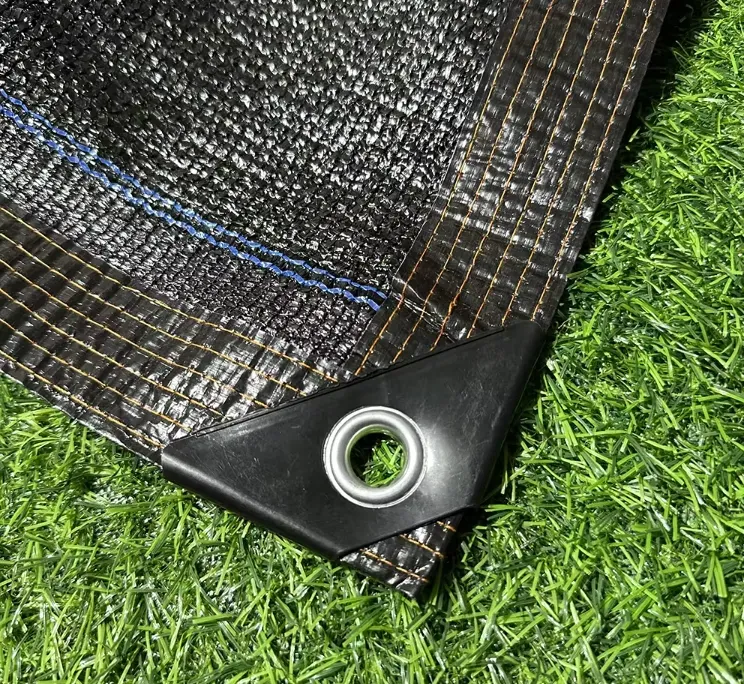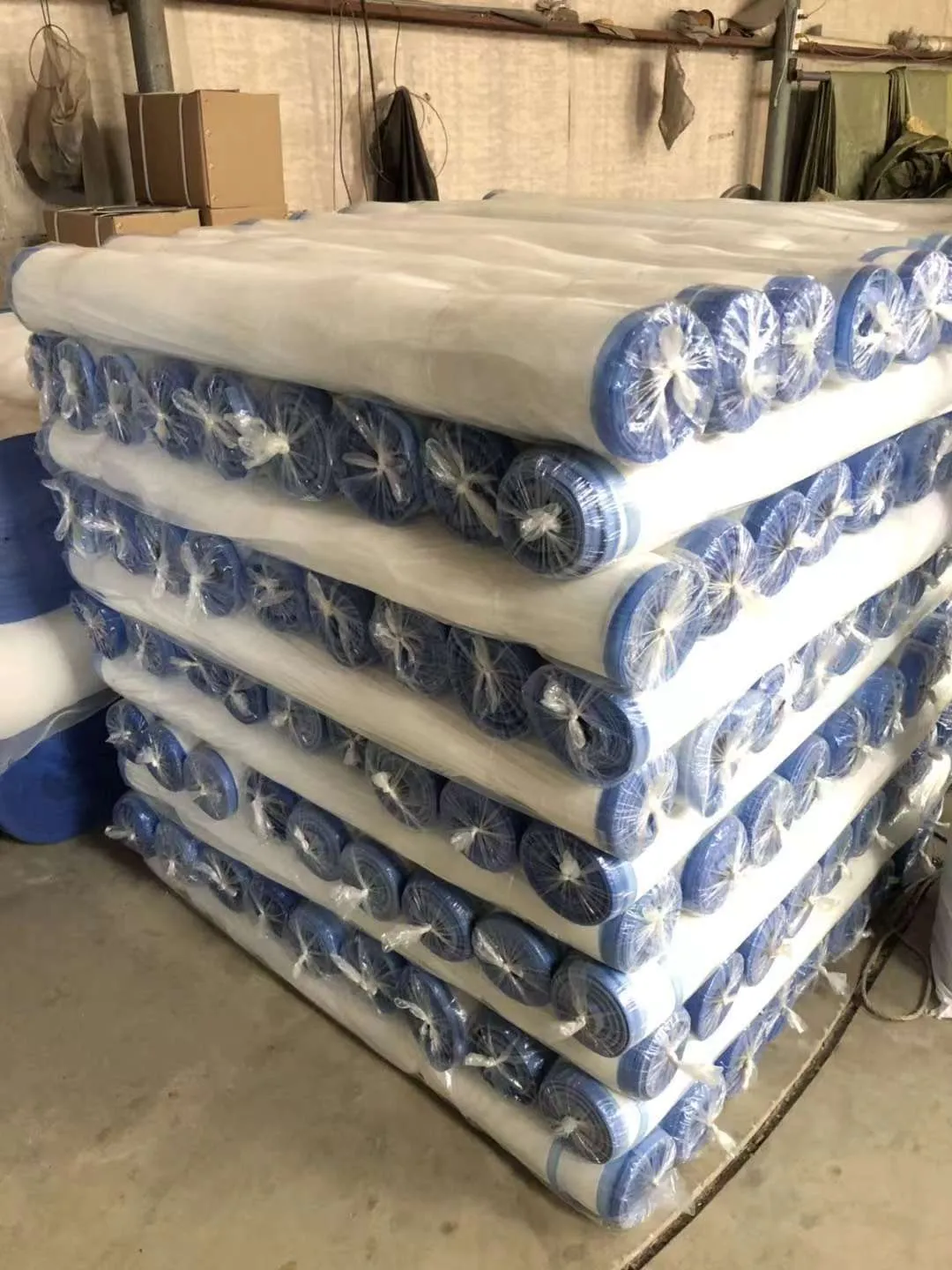-
 Afrikaans
Afrikaans -
 Albanian
Albanian -
 Amharic
Amharic -
 Arabic
Arabic -
 Armenian
Armenian -
 Azerbaijani
Azerbaijani -
 Basque
Basque -
 Belarusian
Belarusian -
 Bengali
Bengali -
 Bosnian
Bosnian -
 Bulgarian
Bulgarian -
 Catalan
Catalan -
 Cebuano
Cebuano -
 China
China -
 Corsican
Corsican -
 Croatian
Croatian -
 Czech
Czech -
 Danish
Danish -
 Dutch
Dutch -
 English
English -
 Esperanto
Esperanto -
 Estonian
Estonian -
 Finnish
Finnish -
 French
French -
 Frisian
Frisian -
 Galician
Galician -
 Georgian
Georgian -
 German
German -
 Greek
Greek -
 Gujarati
Gujarati -
 Haitian Creole
Haitian Creole -
 hausa
hausa -
 hawaiian
hawaiian -
 Hebrew
Hebrew -
 Hindi
Hindi -
 Miao
Miao -
 Hungarian
Hungarian -
 Icelandic
Icelandic -
 igbo
igbo -
 Indonesian
Indonesian -
 irish
irish -
 Italian
Italian -
 Japanese
Japanese -
 Javanese
Javanese -
 Kannada
Kannada -
 kazakh
kazakh -
 Khmer
Khmer -
 Rwandese
Rwandese -
 Korean
Korean -
 Kurdish
Kurdish -
 Kyrgyz
Kyrgyz -
 Lao
Lao -
 Latin
Latin -
 Latvian
Latvian -
 Lithuanian
Lithuanian -
 Luxembourgish
Luxembourgish -
 Macedonian
Macedonian -
 Malgashi
Malgashi -
 Malay
Malay -
 Malayalam
Malayalam -
 Maltese
Maltese -
 Maori
Maori -
 Marathi
Marathi -
 Mongolian
Mongolian -
 Myanmar
Myanmar -
 Nepali
Nepali -
 Norwegian
Norwegian -
 Norwegian
Norwegian -
 Occitan
Occitan -
 Pashto
Pashto -
 Persian
Persian -
 Polish
Polish -
 Portuguese
Portuguese -
 Punjabi
Punjabi -
 Romanian
Romanian -
 Russian
Russian -
 Samoan
Samoan -
 Scottish Gaelic
Scottish Gaelic -
 Serbian
Serbian -
 Sesotho
Sesotho -
 Shona
Shona -
 Sindhi
Sindhi -
 Sinhala
Sinhala -
 Slovak
Slovak -
 Slovenian
Slovenian -
 Somali
Somali -
 Spanish
Spanish -
 Sundanese
Sundanese -
 Swahili
Swahili -
 Swedish
Swedish -
 Tagalog
Tagalog -
 Tajik
Tajik -
 Tamil
Tamil -
 Tatar
Tatar -
 Telugu
Telugu -
 Thai
Thai -
 Turkish
Turkish -
 Turkmen
Turkmen -
 Ukrainian
Ukrainian -
 Urdu
Urdu -
 Uighur
Uighur -
 Uzbek
Uzbek -
 Vietnamese
Vietnamese -
 Welsh
Welsh -
 Bantu
Bantu -
 Yiddish
Yiddish -
 Yoruba
Yoruba -
 Zulu
Zulu
Feb . 06, 2025 06:13
Back to list
Plastic Flat Nets
Garden mesh netting has emerged as an essential tool for avid gardeners and professional landscapers alike, serving a myriad of purposes and offering solutions to a host of gardening challenges. Such netting provides a versatile approach to safeguarding and enhancing your garden, whether it be a small urban patch or sprawling rural property. The undeniable value lies in its durability, functionality, and adaptability in creating a thriving garden ecosystem.
The educational application of garden mesh netting cannot be overlooked. It stands as a valuable resource in teaching sustainable agricultural practices and encouraging involvement in gardening projects. When introduced in school settings or community gardens, netting demonstrates principles of soil erosion prevention, crop protection without chemicals, and innovative use of space. These lessons cultivate awareness about sustainable gardening techniques and instigate a proactive mindset concerning environmental stewardship. Garden mesh netting exemplifies durability and practicality in every aspect of its design. Manufactured from materials such as polyethylene or polypropylene, the netting withstands harsh weather conditions and resists mildew, rot, and corrosion. This longevity ensures a cost-effective solution for prolonged usage. For gardens subjected to extreme conditions or requiring heightened protection, UV-stabilized mesh netting is a preferred choice, offering added resilience against solar degradation. The mesh's ease of installation and versatility in application – from draping over frames to spanning between poles – further testify to its accessibility for both amateur and seasoned gardeners. Environmental benefits extend beyond individual gardens. By minimizing pesticide use, garden mesh netting supports ecological balance and biodiversity, promoting a healthier natural ecosystem. This reduction in toxic chemical reliance is crucial for maintaining clean waterways and protecting essential pollinators that contribute significantly to global food production. In conclusion, garden mesh netting stands as a multi-functional, reliable, and environmentally conscious choice for gardeners seeking to optimize growth and protection. Its benefits, ranging from pest and weather protection to structural support and educational applications, underscore its indispensable role in enhancing agricultural practices. As gardeners aim to create sustainable and efficient environments, garden mesh netting will undoubtedly remain an integral component, reinforcing its role as a paramount tool in gardening excellence.


The educational application of garden mesh netting cannot be overlooked. It stands as a valuable resource in teaching sustainable agricultural practices and encouraging involvement in gardening projects. When introduced in school settings or community gardens, netting demonstrates principles of soil erosion prevention, crop protection without chemicals, and innovative use of space. These lessons cultivate awareness about sustainable gardening techniques and instigate a proactive mindset concerning environmental stewardship. Garden mesh netting exemplifies durability and practicality in every aspect of its design. Manufactured from materials such as polyethylene or polypropylene, the netting withstands harsh weather conditions and resists mildew, rot, and corrosion. This longevity ensures a cost-effective solution for prolonged usage. For gardens subjected to extreme conditions or requiring heightened protection, UV-stabilized mesh netting is a preferred choice, offering added resilience against solar degradation. The mesh's ease of installation and versatility in application – from draping over frames to spanning between poles – further testify to its accessibility for both amateur and seasoned gardeners. Environmental benefits extend beyond individual gardens. By minimizing pesticide use, garden mesh netting supports ecological balance and biodiversity, promoting a healthier natural ecosystem. This reduction in toxic chemical reliance is crucial for maintaining clean waterways and protecting essential pollinators that contribute significantly to global food production. In conclusion, garden mesh netting stands as a multi-functional, reliable, and environmentally conscious choice for gardeners seeking to optimize growth and protection. Its benefits, ranging from pest and weather protection to structural support and educational applications, underscore its indispensable role in enhancing agricultural practices. As gardeners aim to create sustainable and efficient environments, garden mesh netting will undoubtedly remain an integral component, reinforcing its role as a paramount tool in gardening excellence.
Latest news
-
Shipping Plastic Bags for Every NeedNewsJul.24,2025
-
Safety Netting: Your Shield in ConstructionNewsJul.24,2025
-
Plastic Mesh Netting for Everyday UseNewsJul.24,2025
-
Nylon Netting for Every UseNewsJul.24,2025
-
Mesh Breeder Box for Fish TanksNewsJul.24,2025
-
Expanded Steel Mesh Offers Durable VersatilityNewsJul.24,2025











